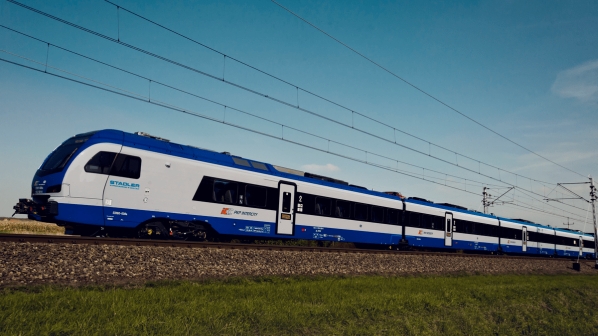The plan includes a significant increase in subsidies for PKP Intercity, which will amount to Zlotys 703m ($US 182m) in 2019. According to the plan, the subsidy will reach Zlotys 1bn in 2021, increasing to Zlotys 2.5bn in 2026.
In the baseline scenario, the operation of 106 million train-km is planned in 2029, at Zlotys 27.9 per train-km. This is up from Zlotys 14.9 per train-km in 2019. The number of passengers is expected to increase from 39.3 million in 2019 to 84.1 million in 2029.
The ministry envisages adopting an amended regulation in the first quarter of 2020, and signing a new multi-year framework agreement with PKP Intercity by the end of June 2020.
The plan has been criticised by the Alliance of Rail New Entrants (AllRail), which says that the move will stifle competition and is a way to delay publicly tendering the services when the Fourth Railway Package comes into force in 2023.
While the major increase is touted as needed to pay for the increase in passenger numbers, AllRail says this does not make sense economically, as more passengers will usually bring more revenue and less need for subsidy.
“It is hard to understand why busy and popular routes such as Warsaw to Katowice or Kraków will need a massively increased subsidy,” AllRail says. “By contrast, in the neighbouring Czech Republic, market opening of long-distance rail has grown demand without increasing the burden on the taxpayer - surely this is a role model for Poland.”
AllRail says there is also a risk that PKP Intercity could misuse taxpayer subsidy to fund expansion into already liberalised markets elsewhere in the European Union.

